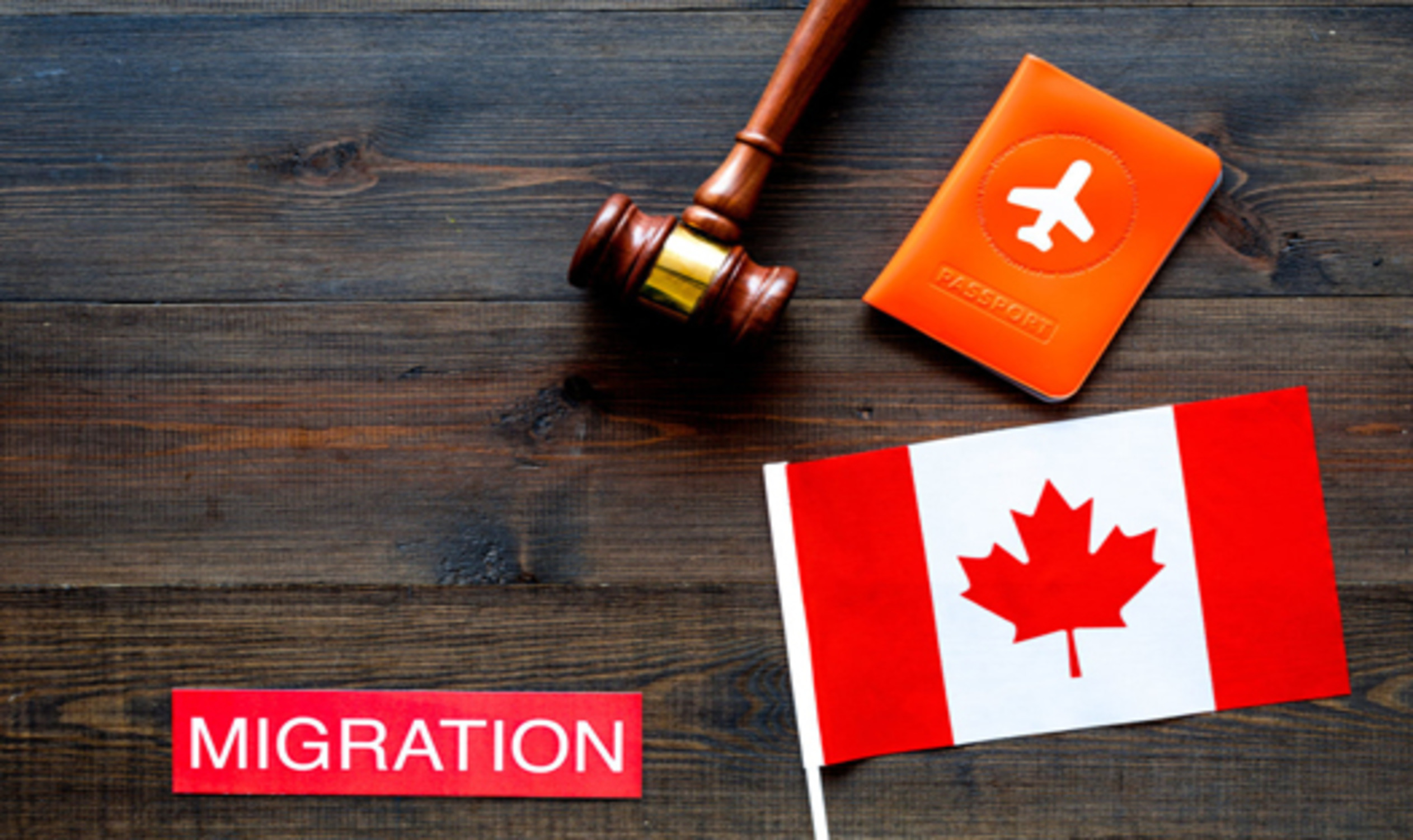
Understanding Canada’s Labour Market Impact Assessment (LMIA)
A Labour Market Impact Assessment (LMIA) is an official document that enables Canadian employers to hire skilled foreign workers legally. A positive LMIA demonstrates a genuine need for foreign talent to fill a specific role and confirms that no Canadian citizen or permanent resident is available to perform the job. To bring in skilled workers from overseas, Canadian employers often require a positive LMIA.
As a skilled professional, you can move to Canada through employer sponsorship with a positive LMIA, or via pathways that are LMIA-exempt. It’s essential to determine if your specific immigration pathway requires an LMIA. If so, your employer will need to:
- Identify applicable LMIA exemption codes or work permit exemptions.
- Select the right LMIA exemption or work permit code based on the job offer.
- Include the exemption code in the offer of employment, or
- Consult with the International Mobility Workers Unit if hiring from a visa-exempt country.
Minimum Eligibility Requirements for Employers
To be eligible for LMIA, employers must:
- Show that their business and job offer are legitimate.
- Submit a transition plan for the role and location.
- Advertise the job on the Government of Canada Job Bank.
- Utilize at least two other recruitment methods to find Canadian candidates.
- Offer wages in line with Canadian standards.
Once a positive LMIA is obtained, the skilled foreign worker can apply for a Canadian work permit, which may lead to permanent residency. To apply for a work permit, workers need:
- A valid job offer,
- An employment contract,
- A copy of the LMIA, and
- The LMIA number.
Steps to Obtain a Positive LMIA
- Meet Program Requirements: The employer and employee must fulfill the eligibility requirements for the job type.
- Validate with Job Bank: The employer should list the job to authenticate the position.
- Submit Required Documents: Including the LMIA application, business legitimacy proof, recruitment proof, employment contract, and job offer.
- Pay the Processing Fee: Complete payment through the official portal.
- Receive Positive LMIA: The employer will receive a confirmation letter.
LMIA-Exempt Pathways
There are pathways that allow Canadian employers to hire temporary foreign workers without requiring an LMIA:
- International Agreements: Jobs covered by agreements like CUSMA or GATS.
- Significant Investment Projects: Jobs connected to projects bringing significant investments.
- Canadian Interests Exemptions:
- Significant Benefits: If the job provides cultural, social, or economic benefits to Canada.
- Reciprocal Employment: Allows foreign workers to work in Canada if Canadians receive similar opportunities abroad.
- Minister-Designated Professions: Certain academic roles, including guest lecturers and visiting professors.
- Charity and Religious Workers
- Intra-Company Transfers: Transfers within multinational companies allow LMIA-exempt status for senior roles.
- International Mobility Program (IMP): Allows LMIA-exempt entry; employers submit an employer compliance fee and an offer through the Employer Portal.
For more information about LMIA, work permits, and Canada immigration options, connect with International Consulting Services:
- Email: internationals771@gmail.com
- Phone: +92 333 0172827
- Website: International Consulting Services
International Consulting Services is here to support your journey to working in Canada, ensuring a smooth and well-guided LMIA or LMIA-exempt process!
